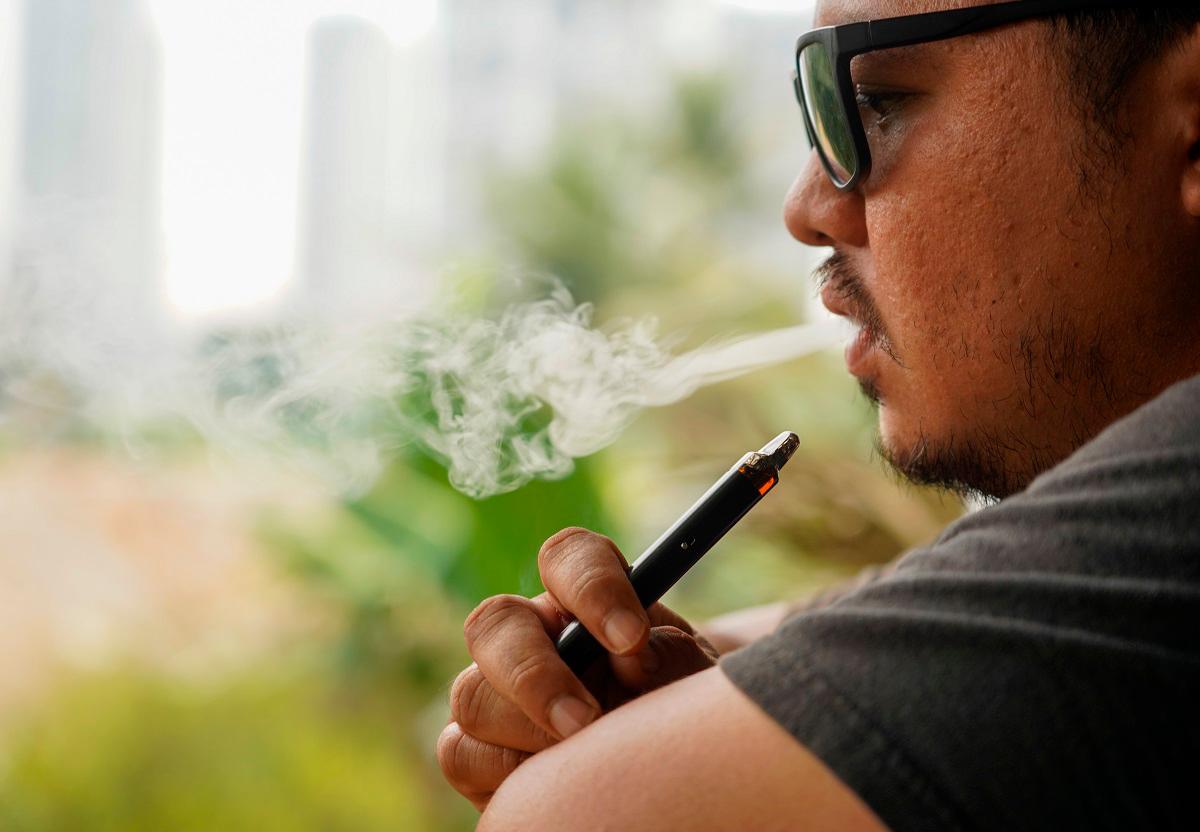KUALA LUMPUR: The Health Ministry’s move towards a nationwide vape ban has reignited debate over the industry’s future with critics warning that abrupt measures could backfire.
Tasek Gelugor MP Datuk Wan Saiful Wan Jan, in an interview with theSun, urged the government not to wait for a “perfect solution” but to take immediate and practical steps that safeguard public health while protecting entrepreneurs.
He said while the ultimate goal may be a full ban, short-term measures such as higher taxes and stronger enforcement would be more effective in addressing current risks.
“Just because we ban something doesn’t mean the demand disappears,” he said, pointing to the prevalence of illicit cigarettes across the country.
Wan Saiful cautioned that a sudden blanket ban could trigger unintended consequences, including black markets and the spread of unregulated products.
He acknowledged growing concerns about the mixing of unregulated substances into vape liquids, but stressed that these risks could be tackled through straightforward regulation.
“There are two main issues. One is with mixed-in nicotine, the other is with random substances being added into the liquid. The solution for mixing substances is actually quite straightforward – proper enforcement and banning the
open-tank system.
“If you ban that, then people can’t tamper with the tanks or add whatever they want. So, it’s not that complicated, and the solution seems logical.”
Wan Saiful also pressed the government to tax vape liquids based on nicotine content, introduce a minimum price for vape products and close the tax gap with cigarettes. If 2ml of vape liquid contains as much nicotine as a pack of cigarettes, then the pricing and tax must reflect that.
“In Parliament, I’ve repeatedly raised the need to increase vape taxation. It’s simple and it could be included in the upcoming Budget 2026 this October. But until today, nothing has been done.”
He noted that illicit cigarettes cost Malaysia an estimated RM5 billion annually in lost revenue, with over 55% of cigarettes sold illegally.
“Customs, police and health authorities must unite to stem illicit trade, especially before expanding regulation into the vape space.”
Wan Saiful added that industry players were generally not resisting regulation but preferred structured guidelines to ensure fairness, safety and sustainability.
“This openness offers a real opportunity for collaboration, rather than abrupt and disruptive bans.”
At the same time, he argued that taxation could do more than deter consumption, noting that additional revenue could support the healthcare system.
On Aug 23, Health Minister Datuk Seri Dr Dzulkefly Ahmad confirmed that a Cabinet memorandum proposing a vape and e-cigarette ban will be tabled by year-end.
He revealed that an initial version of the report was presented to the Cabinet on Aug 22, at the request of the prime minister and Cabinet members.
Dzulkefly stressed that the issue was not whether a ban would be imposed, but when and how it would be carried out.
The ministry has also moved to tighten regulations following theSun’s Aug 4 report that Magic Mushroom vape liquids containing synthetic drugs were being sold online.
In a statement, it said it would work with the Department of Standards and the Standards and Industrial Research Institute of Malaysia or Sirim to impose stricter controls, including ensuring that devices are designed to prevent easy modification for the inclusion of illegal or harmful substances.









